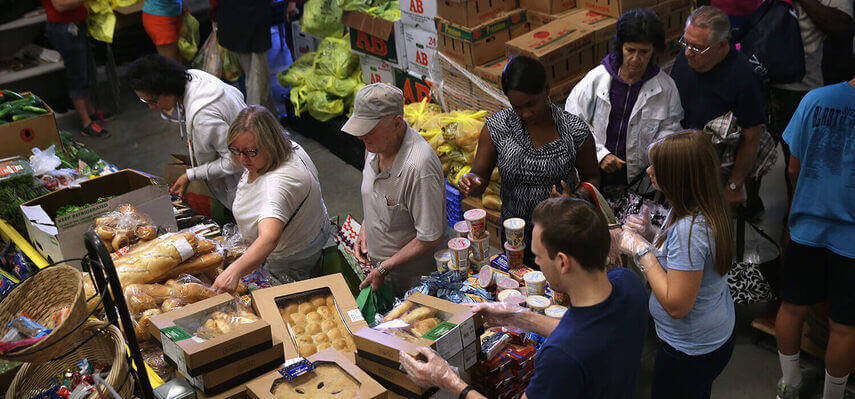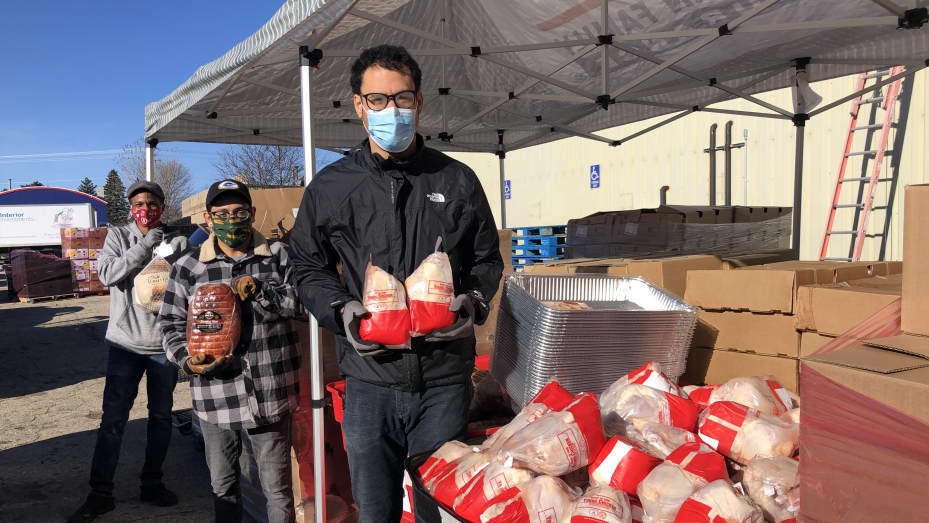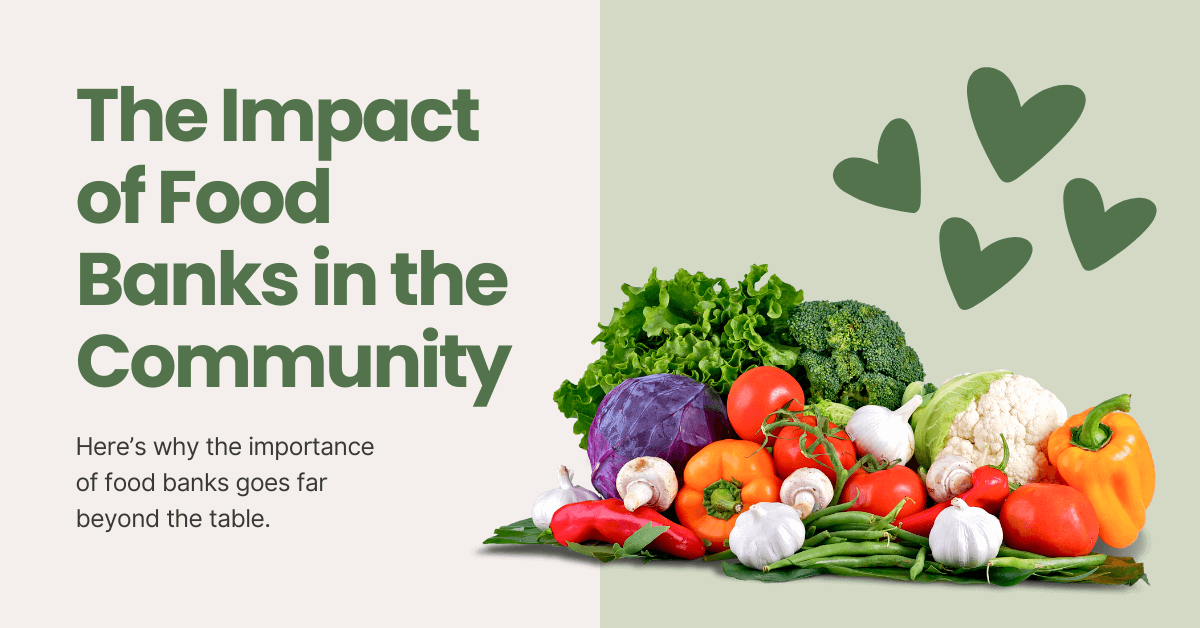
An Overview
Hunger is a harsh reality for millions of people around the world, including in our own communities. In times of economic hardship, natural disasters, or personal crises, the need for food assistance becomes paramount. Food banks play a crucial role in addressing this issue, acting as lifelines for those facing food insecurity. In this beginner-friendly guide, we will provide an overview of the essential role that food banks play in alleviating hunger and the impact they have on the lives of those in need.
Understanding Food Banks
A food bank is a nonprofit organization that acts as a central hub for collecting, storing, and distributing food to various agencies and charities. These agencies, in turn, distribute the food directly to individuals and families who are struggling to access nutritious meals.
How Food Banks Alleviate Hunger
- Food Collection: Food banks collect surplus food from various sources, including food manufacturers, grocery stores, restaurants, and community food drives. This rescued food is often perfectly edible but would otherwise go to waste.
- Storage and Sorting: Upon receiving donations, food banks carefully sort and store the food, ensuring its safety and quality. They have facilities equipped with proper refrigeration and storage systems to prevent food spoilage.
- Distribution: Food banks work with a network of local agencies and charities, such as soup kitchens, shelters, and community centers. These partners distribute the food directly to individuals and families in need.
- Community Support: Food banks often rely on volunteers, community organizations, and financial contributions to sustain their operations. Community involvement is crucial to their success.

Food banks have a profound impact on individuals and communities:
- Hunger Relief: Food banks provide immediate relief to those facing hunger, ensuring that they have access to nutritious meals when they need it most.
- Nutrition: They play a vital role in supplying balanced and nutritious food, contributing to better overall health for recipients.
- Support in Crises: During disasters, economic downturns, or emergencies, food banks step up to provide essential support to affected individuals and communities.
- Reducing Food Waste: Food banks help reduce food waste by rescuing surplus food that would otherwise be discarded, contributing to a more sustainable food system.
Conclusion
Food banks are an essential component of the fight against hunger, offering hope and sustenance to individuals and families facing food insecurity. Through their efforts in collecting, storing, and distributing food, they help bridge the gap between food surplus and those in need. Community support, including volunteering and financial donations, is crucial to the continued success of food banks.
As we reflect on the vital role of food banks in alleviating hunger, let us remember that we can all contribute to this cause. Whether by donating non-perishable food items, volunteering our time, or supporting food bank initiatives, we can help make a difference in the lives of those struggling with hunger. Together, we can build a more compassionate and food-secure community.







